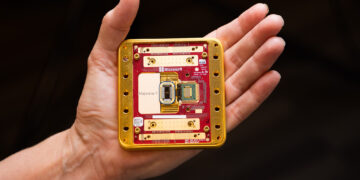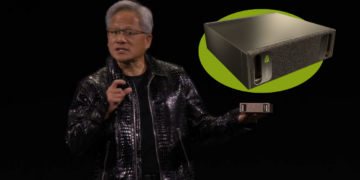The test, alternative to endoscopy, reacts to certain volatile organic compounds closely related to the risk of developing esophageal cancer
Esophageal cancer is a very difficult tumor to detect in the early stages. The diagnosis often comes only when the disease is at an advanced stage and difficult to treat. The incidence of cancer is high and has involved nearly 20,000 patients in the United States. A team of scientists in the Netherlands has developed a cost-effective, non-invasive test to control the population’s susceptibility to the disease. The test succeeds in identifying one of its precursors with great accuracy.
The idea behind the test is the search for a specific condition known as “Barrett’s esophagus“. The medical condition involves the appearance of abnormal cells on the walls of the esophagus that often develop into cancerous cells. People with Barrett’s esophagus are at much higher risk of developing esophageal cancer. Scientists at the University of Radboud are able to diagnose Barrett’s esophagus with volatile organic compounds, or VOCs.
The measurement of these biomarkers in the breath is also opening possibilities for the diagnosis of ovarian cancer, prostate cancer and stomach and esophagus cancer. In this specific case, Radboud scientists recruited 402 adults and allowed them to breathe in a highly sensitive electronic nose. 129 of the subjects had Barrett’s esophagus, while about one third had acid reflux disease and one third had a normal esophagus.
The device was shown to identify patients with Barrett’s esophagus with 91% accuracy and those without it with 74% accuracy. The percentages indicate that the test is not infallible but can be a useful and cost-effective weapon to use as prevention during patient screening. Details of the research were published in the journal Gut.

































